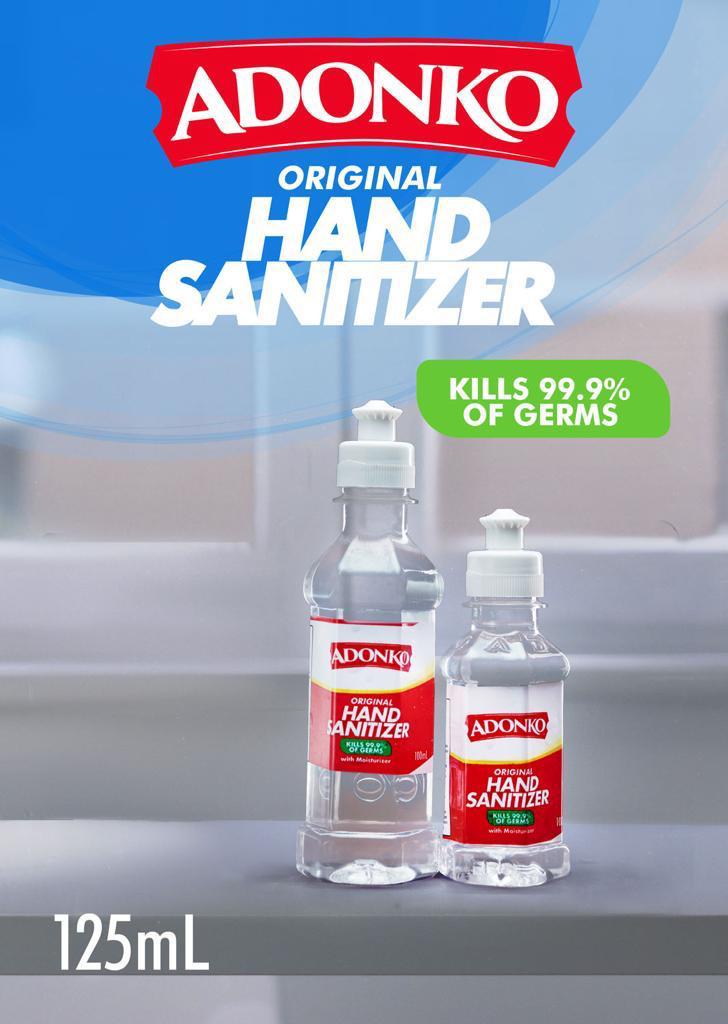|
Getting your Trinity Audio player ready...
|
The owner of Cadbury brand operating in Ghana has been accused of engaging in child labour after an investigation produced a footage of children working with farm implements on a cocoa farm in its supply chain.
The children−as young as 10 years−were allegedly harvesting cocoa pods with long machetes to be supplied to the food giant, Mondelez International, the owner of Cadbury.
According to some campaigners against child labour in cocoa farms, the engagement of the children was due to the inability of the farmers to hire adults because they are paid less than £2 per day.
Ayn Riggs, the founder of Slave Free Chocolate which is one of the campaigners, said: “it is horrifying to see these children using these long machetes, which are sometimes half their heights. Chocolate companies promised to clean this up over 20 years ago. They knew they were profiting from child labour and have shirked their promises.”
The investigative report by Channel 4 Dispatches, broadcast on Monday, came more than two decades after the chocolate industry pledged to eliminate child labour.
The revelation came in anticipation of the millions of pounds to be spent on chocolate treats for Easter, as has been the case over the years. The chocolate market is worth £6.5 billion in the UK, according to a market research firm, Mintel. It includes about 330 million Cadbury creme eggs which are eaten every year. Mondelēz alone made global profits last year surpassing £3 billion.
The company has a sustainability programme called Cocoa Life. Its logo is marked on its products, including Cadbury Dairy Milk, and its website states: “No amount of child labour in the cocoa supply chain should be acceptable.”
Under the Cocoa Life programme, Mondelēz had, by the end of 2020, mapped about 167,800 cocoa farms that supply its businesses in Ghana, Côte d’Ivoire, Indonesia, the Dominican Republic and Brazil.
On one of the farms alleged to be supplying Mondelēz, two children with machetes were filmed by the documentary team weeding the plantations. Children were also filmed using sharp knives to open cocoa pods and swinging go-to-hell to harvest the pods from the cocoa trees.
None of the children were wearing protective clothing. The daughter of one farmer, claimed to be supplying Mondelēz, said she had slashed her foot while using a long machete.
On one of the smallholdings, a niece of the farmer said she thought she was going to her uncle’s farm to help with childcare but claimed she was being forced to work long hours on the farm and not allowed to go to school. When asked why, she hesitated to speak for fears.
Meanwhile, under Ghanaian law, it is illegal for children under 13 to work on cocoa farms. There is also a ban on anyone under 18 being involved in hazardous labour.
Ghana is the world’s second biggest cocoa producer after Côte d’Ivoire, and the crop, along with gold, is one of her most valuable exports. A cocoa farmer will typically receive seven pesewas from a milk chocolate bar costing £1 in the UK, and 11 pesewas from a dark chocolate bar.
It means many live in extreme poverty while facing rising costs from the impacts of climate change, because of unpredictable weather patterns and changes in crop-threatening pests and diseases.
Ninety per cent of the world’s cocoa beans are harvested on small, family farms with less than two hectares of land.
In 2001, a cocoa industry agreement resolved to eliminate child labour. It was backed by the World Cocoa Foundation, a trade group whose members include the world’s biggest cocoa and chocolate companies, Nestle, Mars Wrigley and Mondelēz.
But the protocol’s targets were postponed and adjusted in 2005 and 2008. A revised target in 2010 to reduce the worst forms of child labour in the cocoa sector in west Africa by 70% by 2020, was also missed.
Campaigners say child labour is still endemic in the chocolate industry. A study by the social research group NORC at the University of Chicago in 2020 found that 1.56 million children were involved in the cocoa industry in Ghana and Cote d’Ivoire.
The report found prevalence rate of child labour in cocoa production among agricultural households in cocoa growing areas of Côte d’Ivoire and Ghana increased between 2008/09 and 2018/19. There was a 62 per cent increase in cocoa production in the two countries during this period.
Joanna Ewart-James, Executive Director of Freedom United, also an international organisation campaigning against child labour in the cocoa supply chain, said, “Child slavery and child labour have plagued the industry in Côte d’Ivoire and Ghana–which produce 60% of the world’s cocoa–for decades. Cocoa farmers are not earning an income that enables them to recruit the labour they need.”
On Friday, Freedom United will publish a scorecard rating global chocolate firms on their labour and environmental practices. The campaign group says Mondelēz has invested in community initiatives to combat child labour, but along with other leading companies, it needs to pay farmers more money for its cocoa.
Slave Free Chocolate compiles a list of chocolate companies that use ethically grown chocolate.
Martin Short, President of the World Cocoa Foundation, said: “Dealing with child labour abuses as a standalone issue will never work until we deal with the root cause of child labour, which is farmer poverty.”
Cadbury, one of Britain’s most famous companies, was controversially taken over by the US food firm Kraft Foods in January 2010. The American food giant changed its name to Mondelēz International in October 2012.
Mondelēz considers a wide range of measures are required to combat child labour. The company has been involved in research which shows that increasing the price of cocoa will not on its own lift many farmers out of poverty, because they are farming on small amounts of land.
A Mondelēz International spokesperson said: “We’re deeply concerned by the incidents documented in the Dispatches programme. We explicitly prohibit child labour in our operations and have been working relentlessly to take a stand against this, making significant efforts through our Cocoa Life programme to improve the protection of children in the communities where we source cocoa, including in Ghana.
“The welfare of the children and families featured is our primary concern and we commit to investigating further so we can provide any support needed. As part of our Cocoa Life programme, we have child labour monitoring and remediation systems in place in Ghana, which means community members and NGO partners are trained to provide assistance to vulnerable children, and once identified, we can help to address any cases of child labour.”
The company said it had requested additional information from the Dispatches team so it could investigate.








